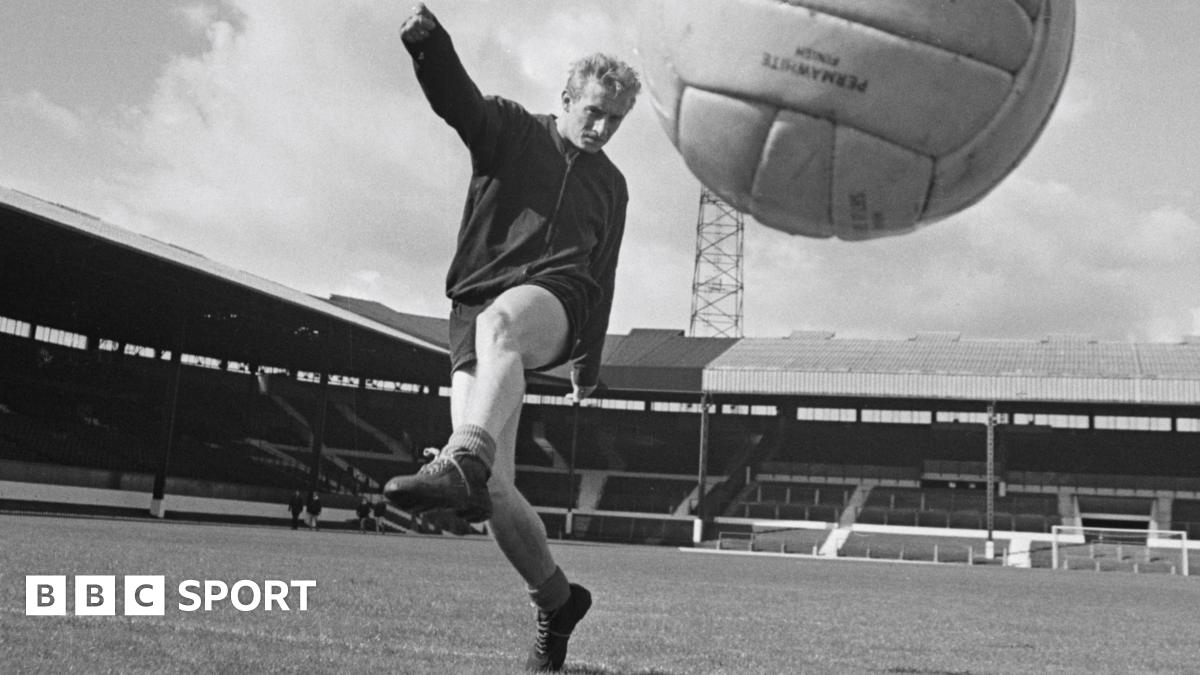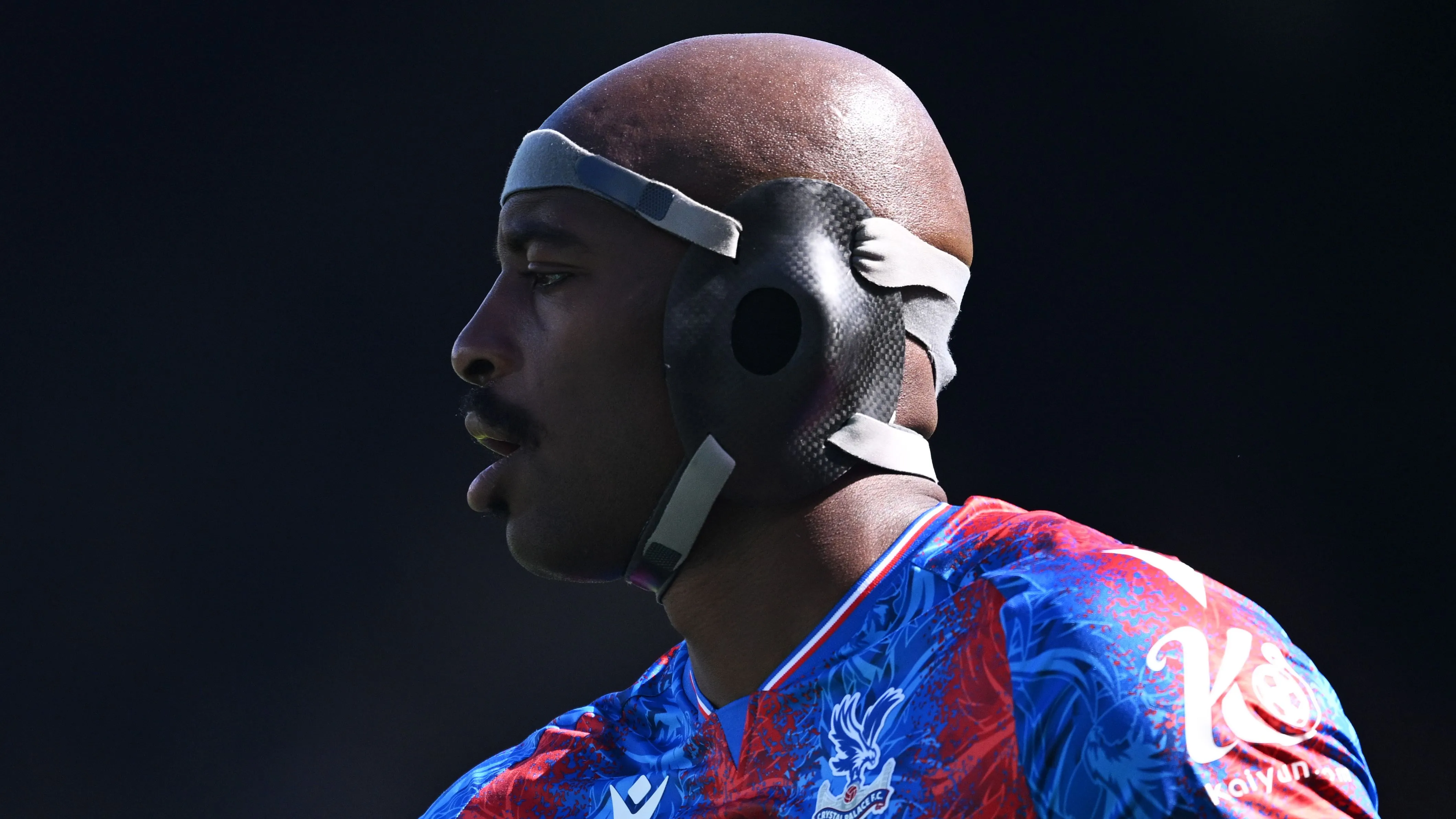
Denis Law's journey from a squinting teenager to becoming one of football's greatest legends is a testament to the transformative power of determination and raw talent. When he first arrived at Huddersfield train station as a 15-year-old, club officials could hardly believe the slim, bespectacled boy before them was their new signing.
The young Aberdonian, who grew up as one of seven children in a council flat just two miles from Pittodrie Stadium, faced significant challenges early in life. Living with strabismus, a condition that caused squinting and difficulty focusing, Law endured merciless teasing from his peers, earning the nickname "Cockeye" as a child with thick glasses.
Despite these obstacles, Law's talent was undeniable. Pele himself declared Law the only British player good enough to make the Brazil team of that era. Bill Shankly, the legendary manager, called him "the quickest thinking footballer I have ever seen," while Sir Alex Ferguson simply referred to him as "my hero."
His remarkable career began at Huddersfield, where his first manager, Andy Beattie, initially dismissed him as "weak and puny." However, under Bill Shankly's guidance, Law flourished. The club arranged an operation to correct his eye condition, and Shankly personally oversaw his physical development, ensuring he was properly fed to build strength.
By age 16, Law had made his debut, and two years later, became Scotland's youngest cap in 60 years, marking the occasion with a goal. His aggressive style and brilliant play drew mixed reactions, with The Observer noting that while Scotland had found an inside-forward, they had also "bought themselves a bit of trouble."
Law's career reached new heights at Manchester United, where he formed part of the legendary "holy trinity" with George Best and Bobby Charlton. His first season saw him score 29 goals in 44 games, including a dominant performance in an FA Cup final victory. The following season, he netted an incredible 46 goals in 42 games and won the Ballon d'Or.
His Scotland career spanned 16 years, yielding 30 goals in 55 games. The 1967 victory over world champions England at Wembley stands as one of his finest moments, though Law made no secret of his desire not just to beat England, but to "batter them into the ground."
The twilight of his career brought a poignant moment when, playing for Manchester City, he scored a back-heel goal that appeared to relegate his beloved Manchester United. Though other results ultimately sealed United's fate, Law admitted, "I seldom felt so depressed as I did that weekend."
Law's body finally gave out on August 10, 1974, when he retired shortly after the World Cup. His legacy, however, remains eternal - a testament to a complete footballer who combined elegance, charisma, and courage with blistering acceleration and unerring accuracy. From a squinting kid in Aberdeen to a global football icon, Denis Law's story embodies the very essence of sporting greatness.










